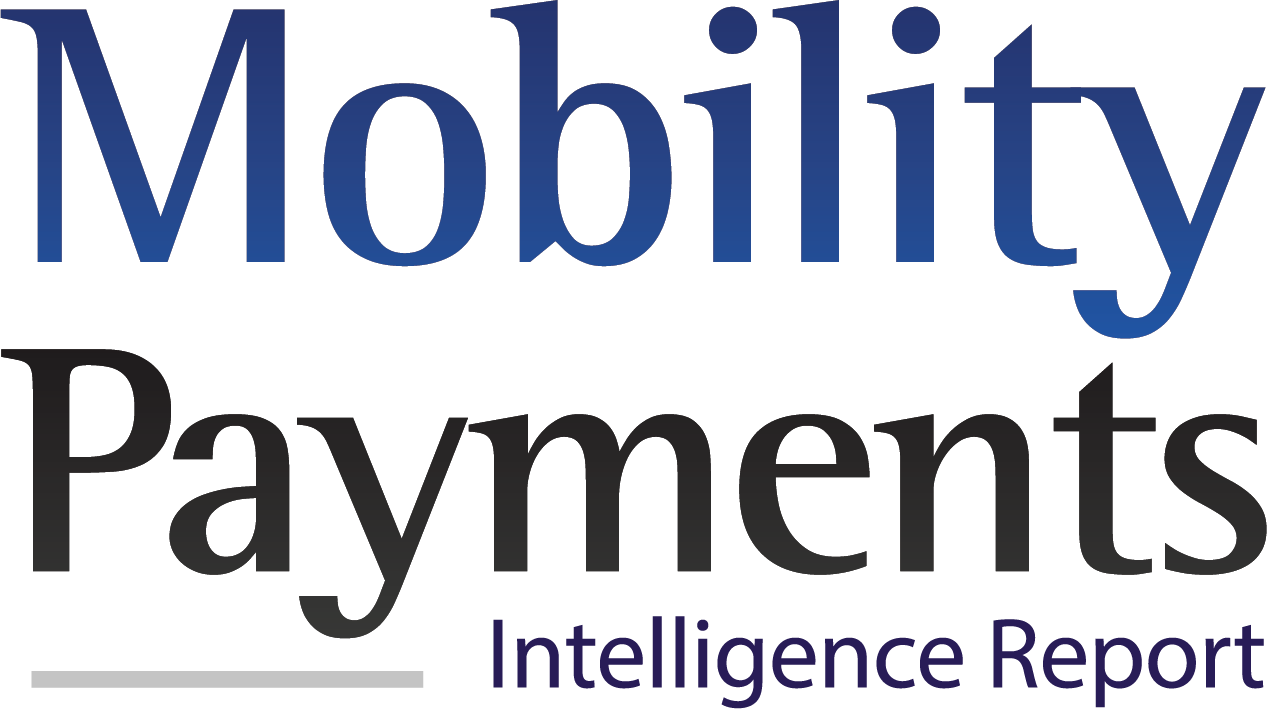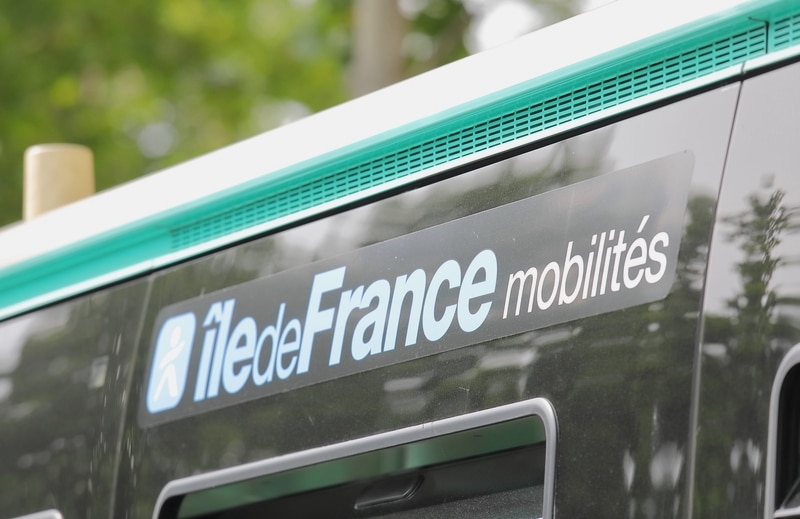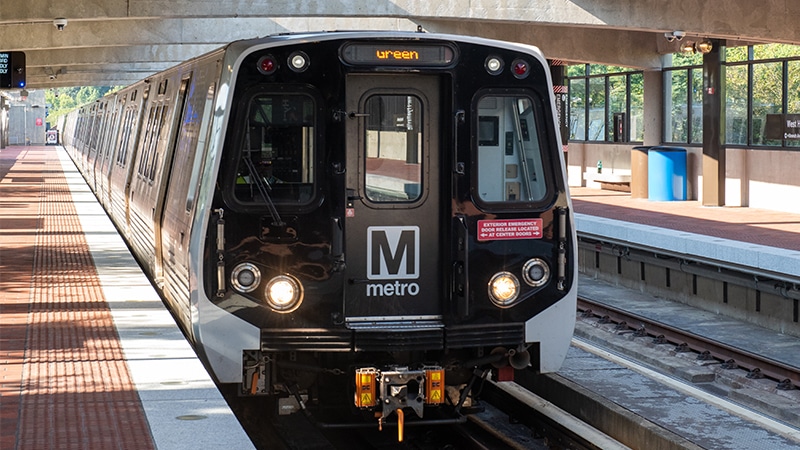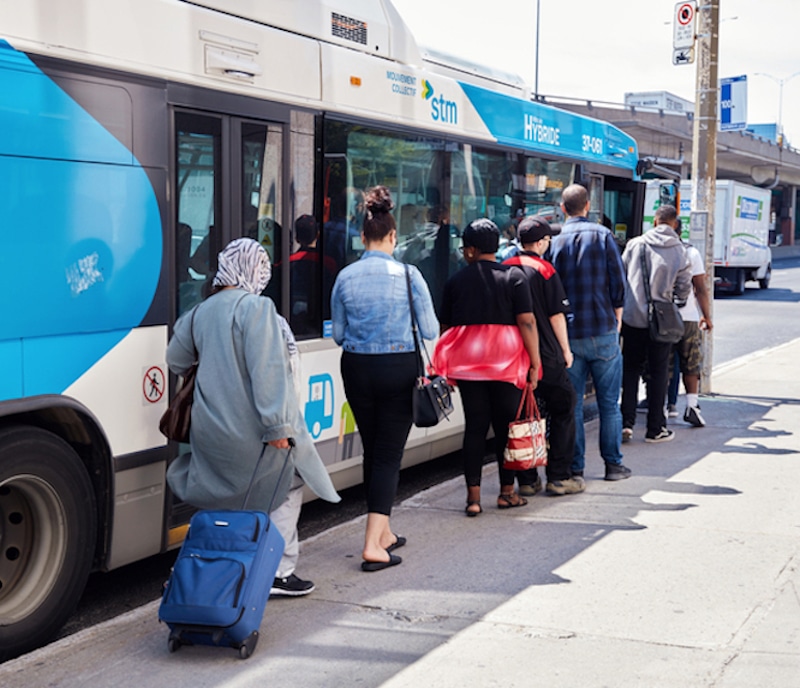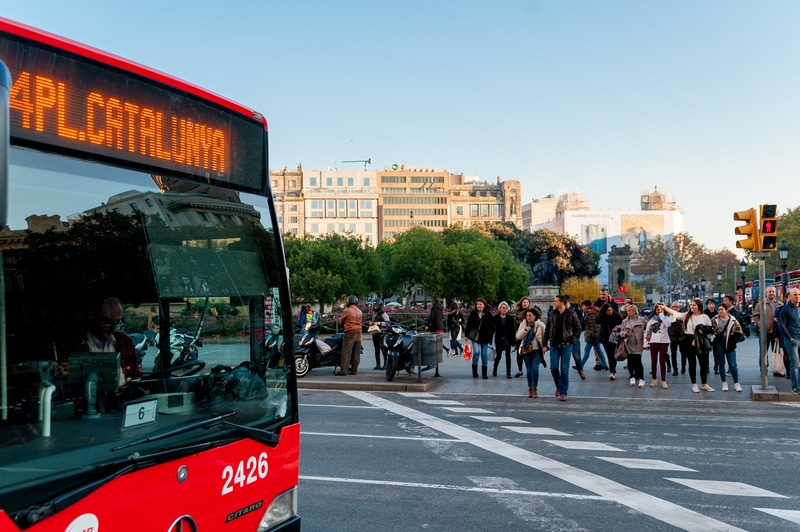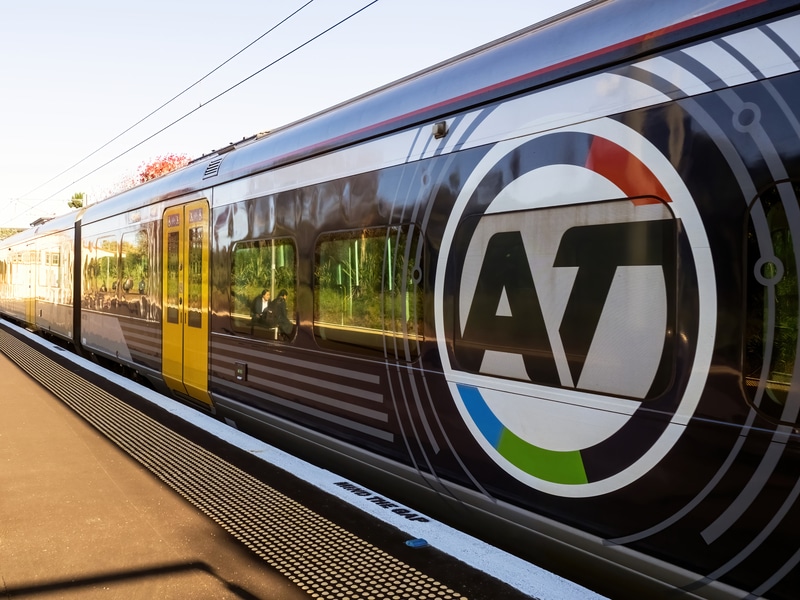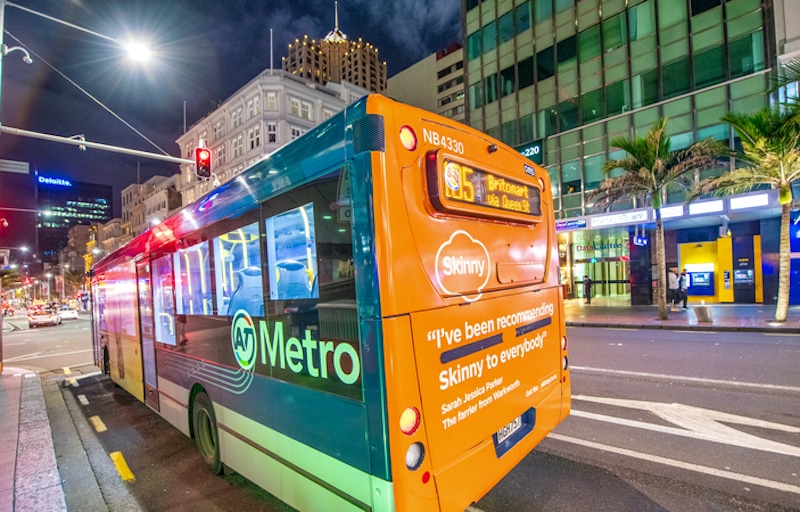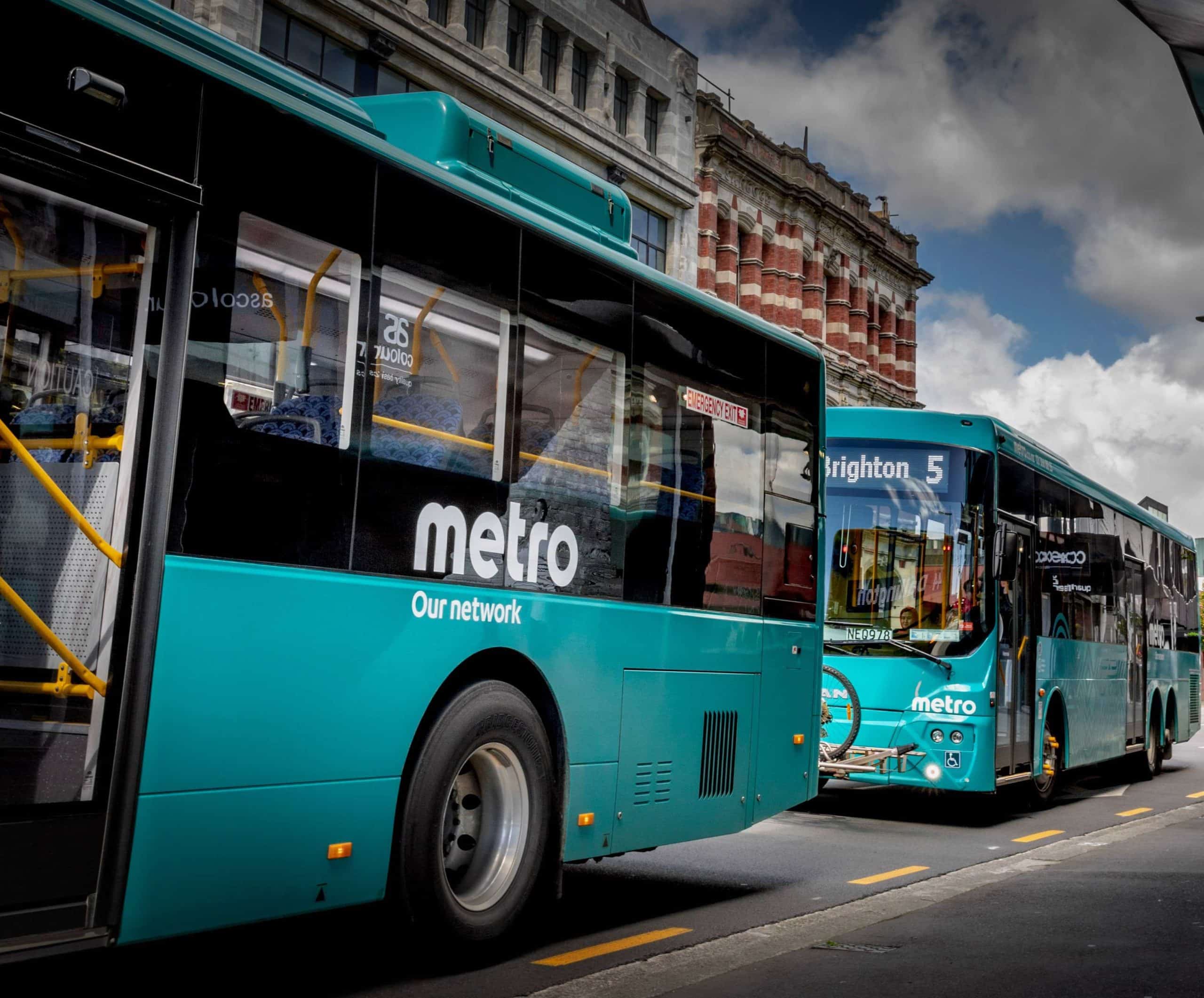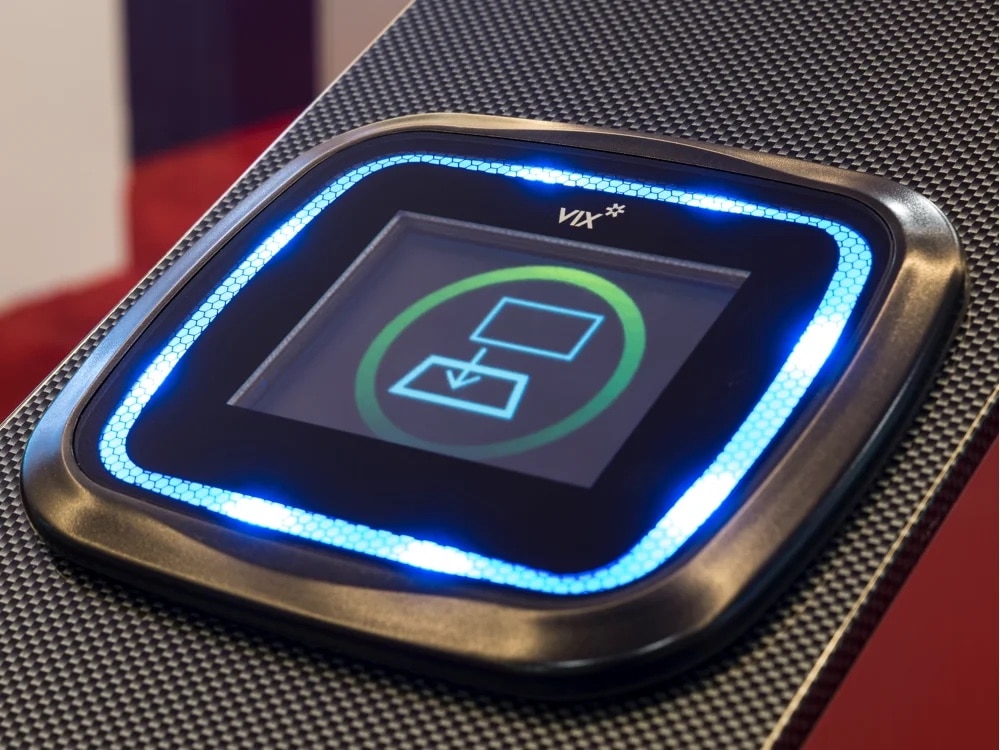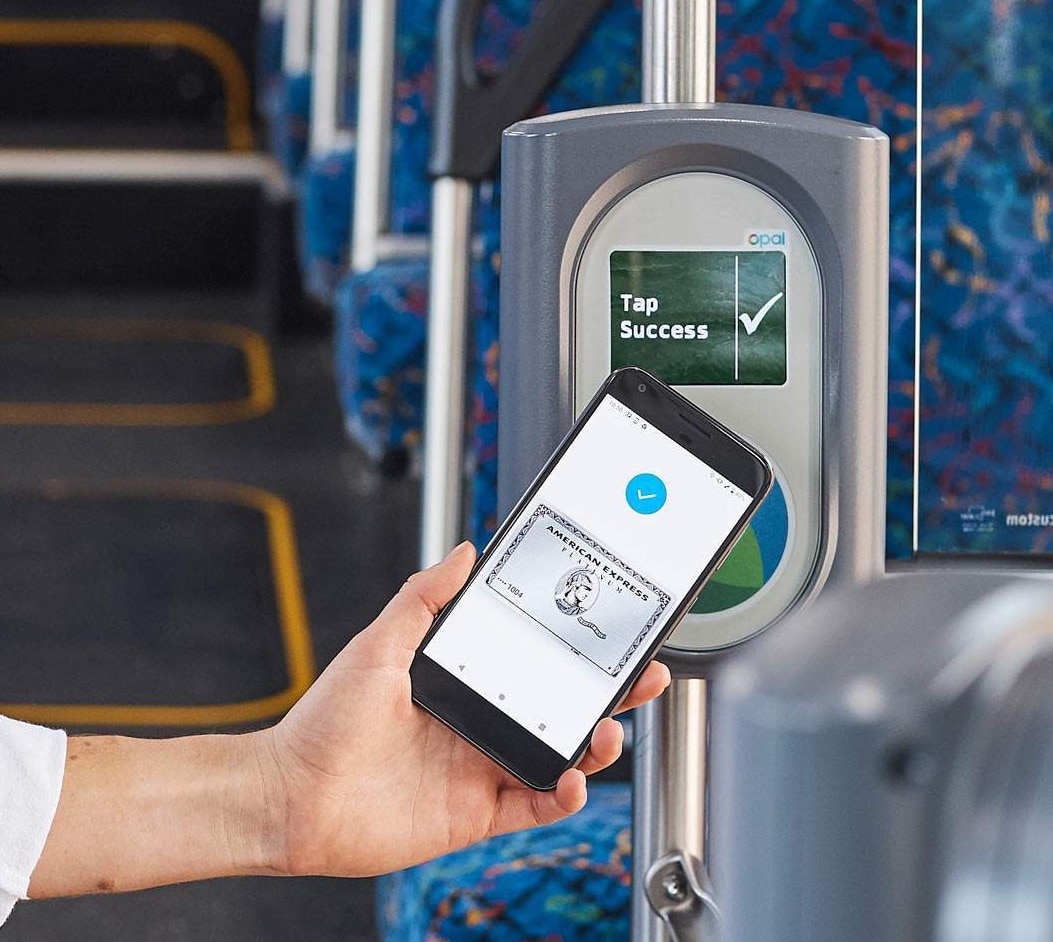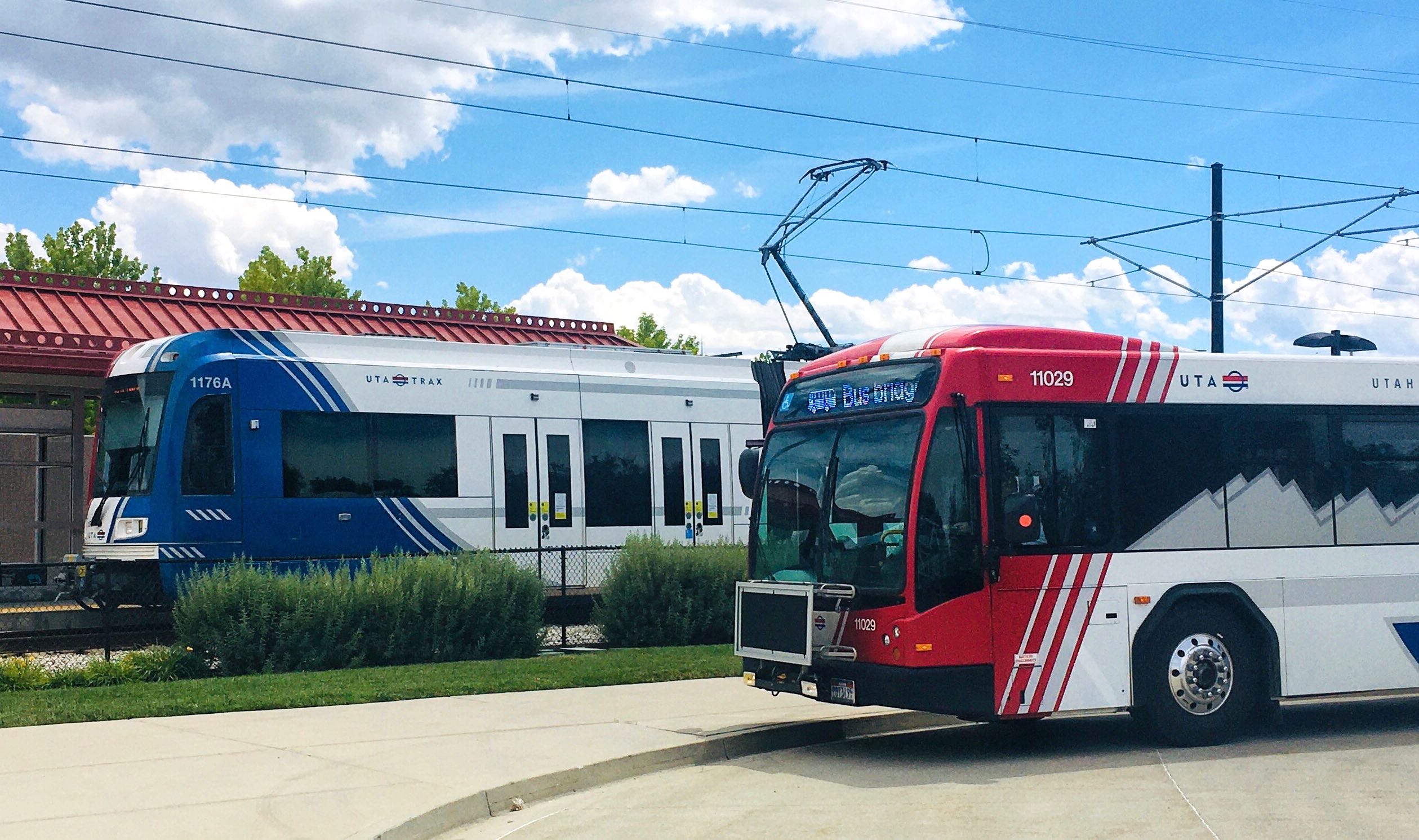
Article Highlights
The Utah Transit Authority received responses from eight vendors to its request for proposal for a new fare system, with five of the vendors submitting lower cost bids than the vendor the authority ended up choosing for the contract, documents obtained by Mobility Payments show.
• Table: UTA Tender–Rank of Bidders
• Table: UTA Price Bids-Breakdown
• Evaluation Score Sheet
• UTA (Utah)
• Scheidt & Bachmann
• Masabi
• Bytemark
• Vix
• Moovel
• Cubic
• INIT
• Access-IS
• Modeshift
The Utah Transit Authority received responses from eight vendors to its request for proposal for a new fare system, with five of the vendors submitting lower cost bids than the vendor the authority ended up choosing for the contract, documents obtained by Mobility Payments show.
